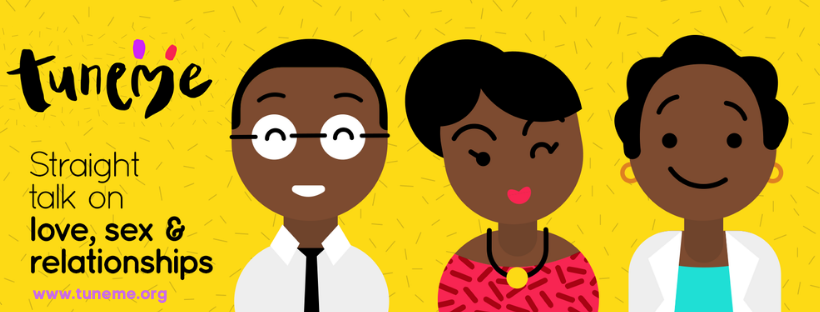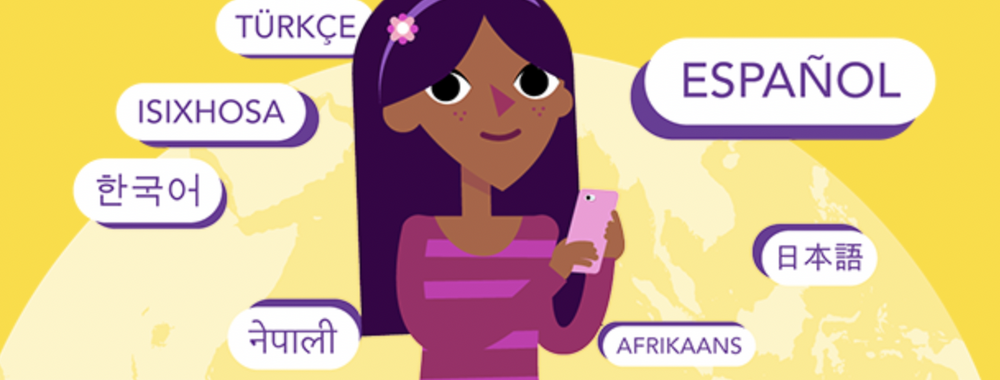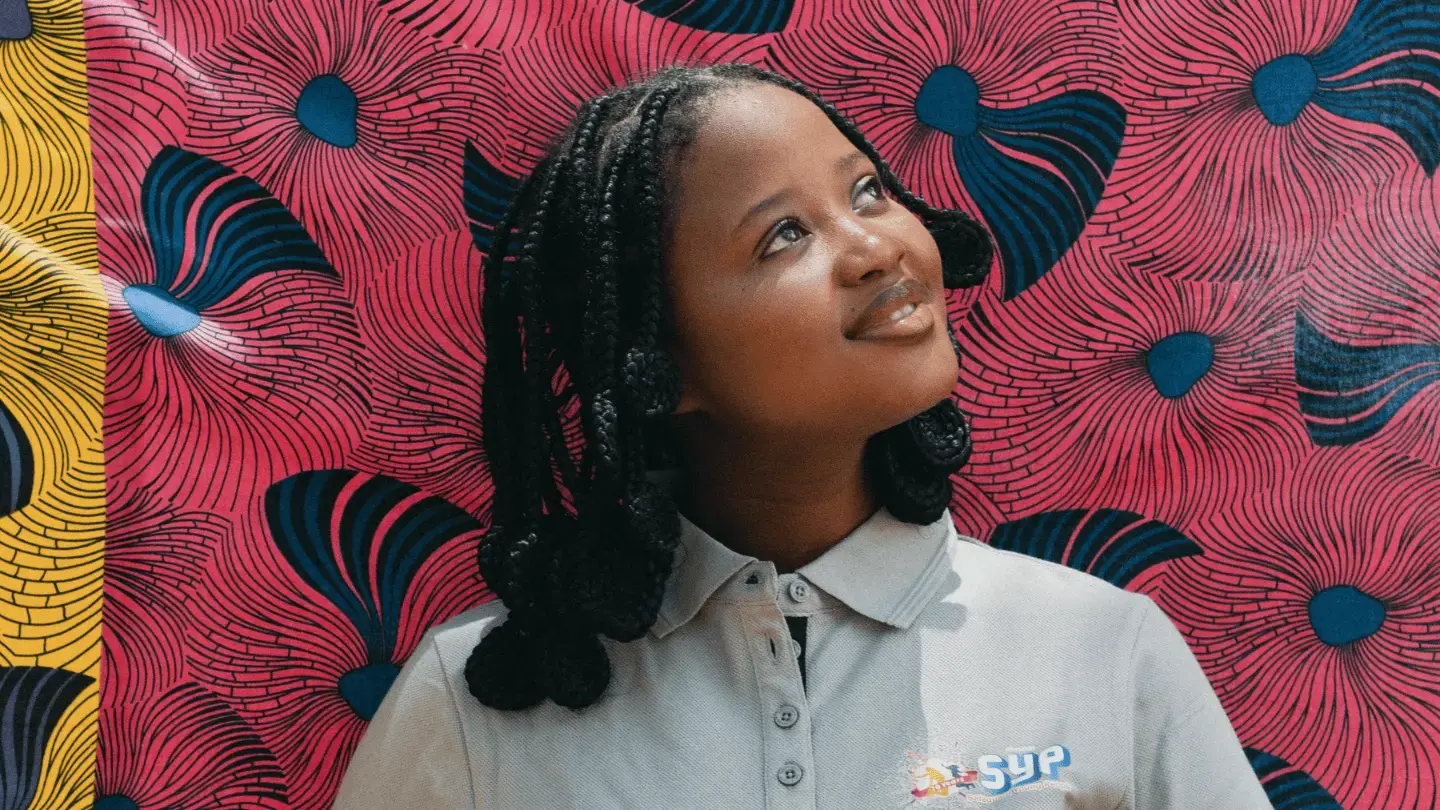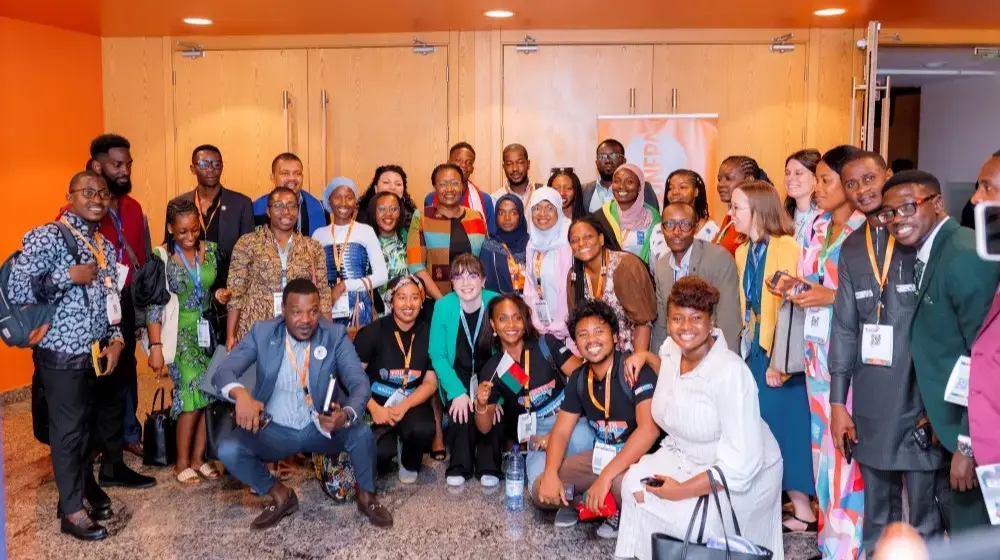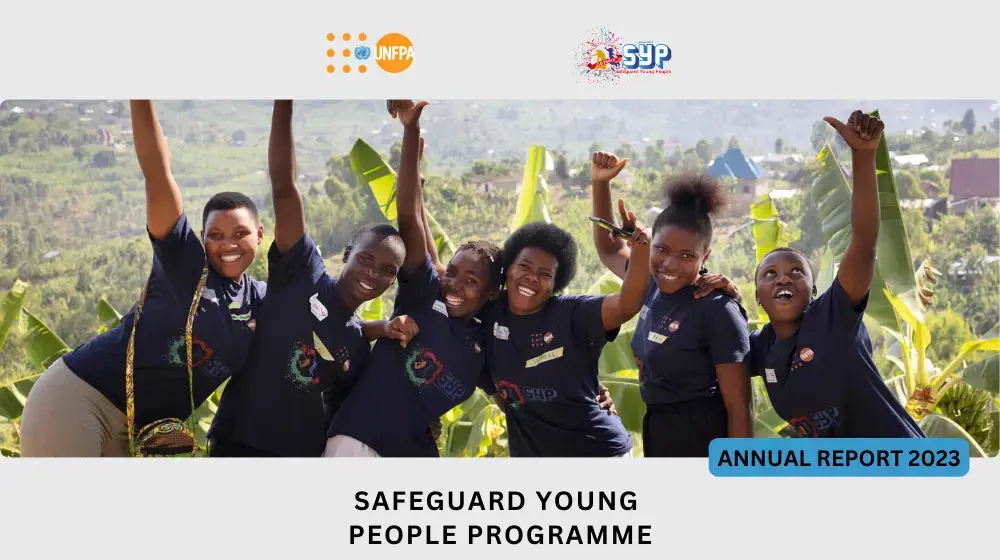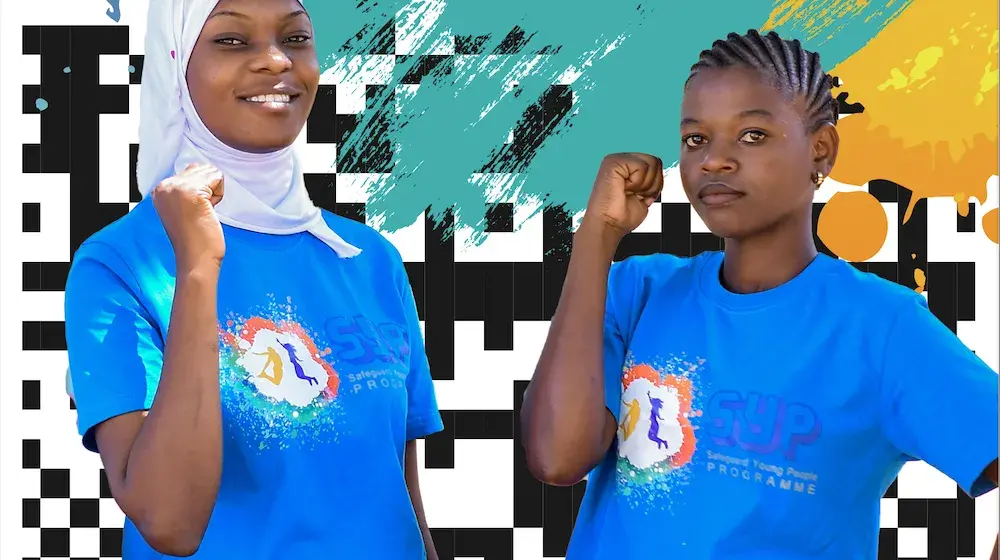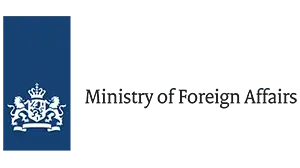Imagine a world where young people in East and Southern Africa thrive. A world where they are healthy, confident and in control of their lives. That’s the vision behind the Safeguard Young People (SYP) Programme, catalysing change in East and Southern Africa since 2013.
SYP is building a brighter future for adolescents and young people aged 10 - 24, especially girls. We are helping them make informed choices and navigate life’s challenges with confidence, providing a shield against:
- Unintended pregnancies and unsafe abortions - by learning about healthy relationships, family planning and making responsible choices.
- Sexually Transmitted Infections (STIs), including HIV - by getting accurate information, accessing essential healthcare and staying protected.
- Early marriage and harmful cultural practices - by understanding rights, breaking free from unfair traditions and pursuing their dreams.
- Gender-Based Violence - and unfair treatment - by learning to speak up, being treated with respect and fighting for equality for all.
But SYP isn’t just about protection, it’s also about empowerment. We help young people:
- Develop important life skills - by building confidence, learning to communicate effectively and making informed decisions.
- Access education and opportunities - by reaching their full potential through quality education and support for their goals.
- Become active citizens - by making their voice heard, influencing decisions and building a better future for everyone.






